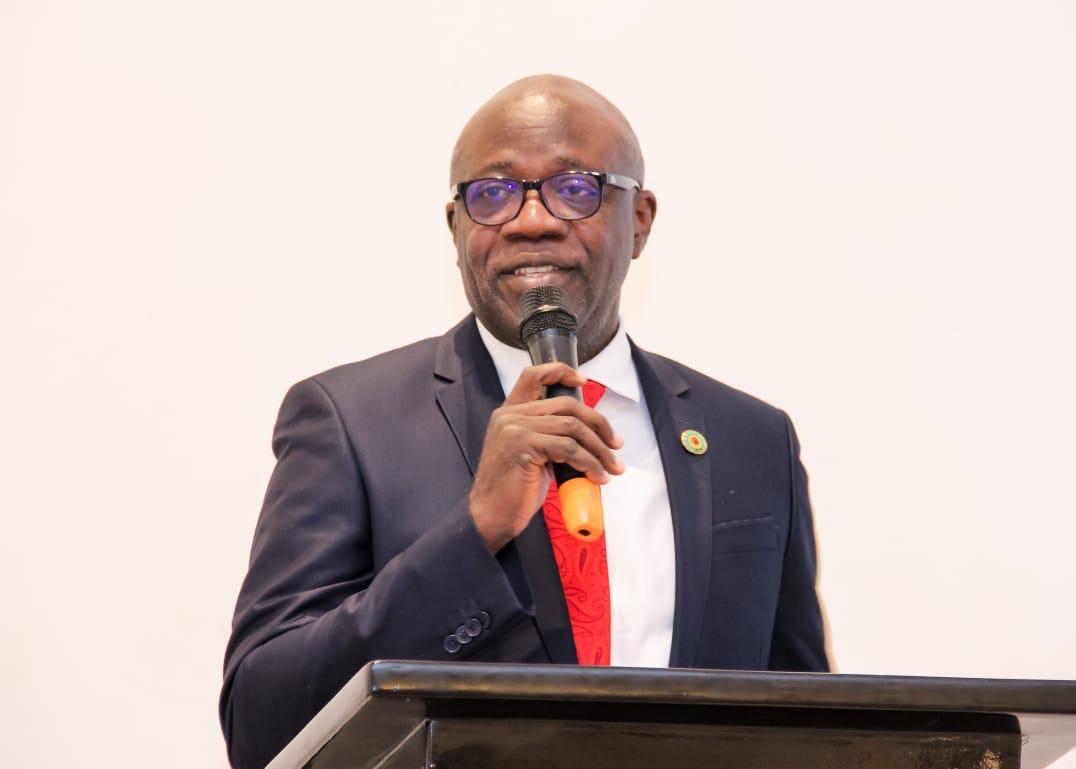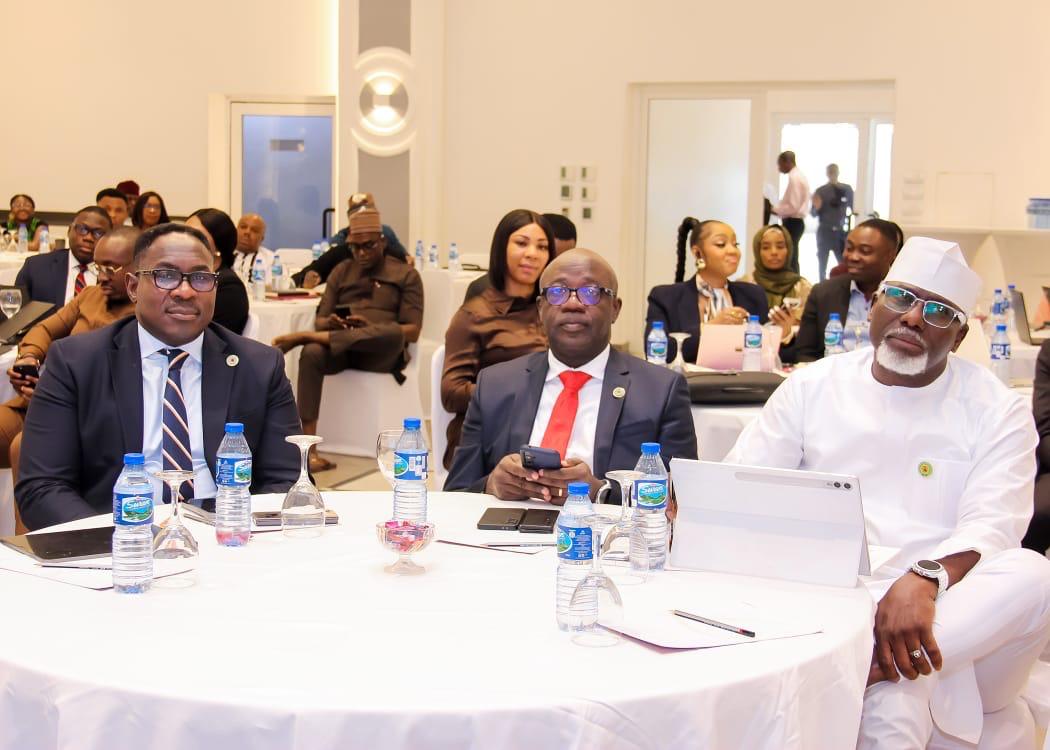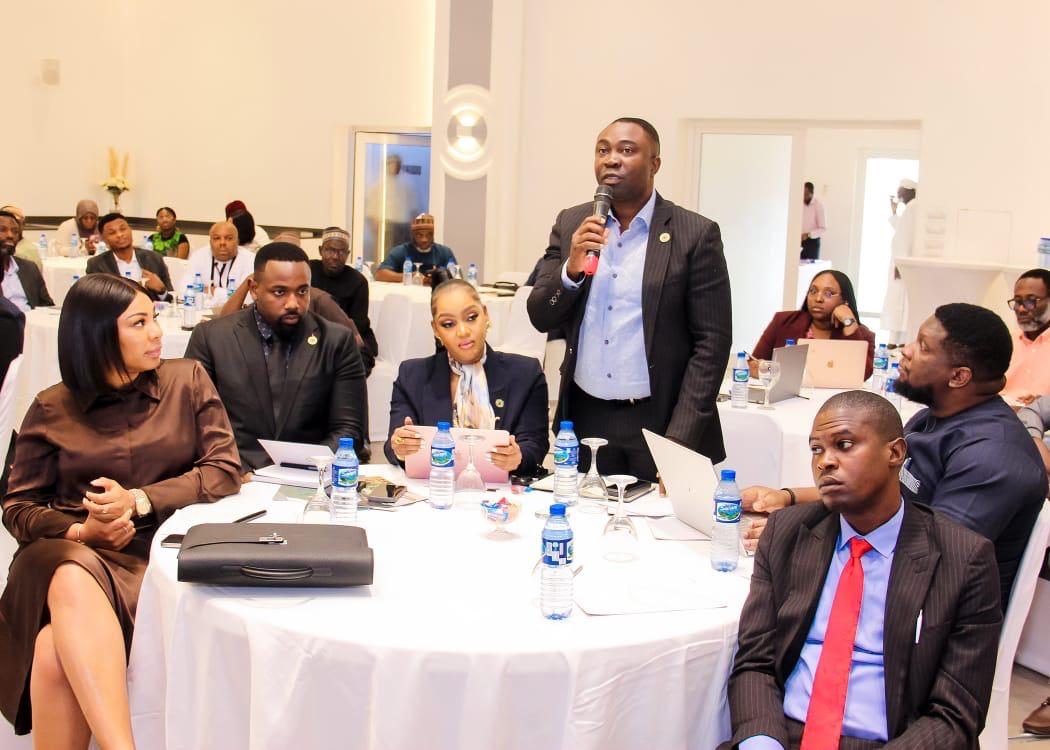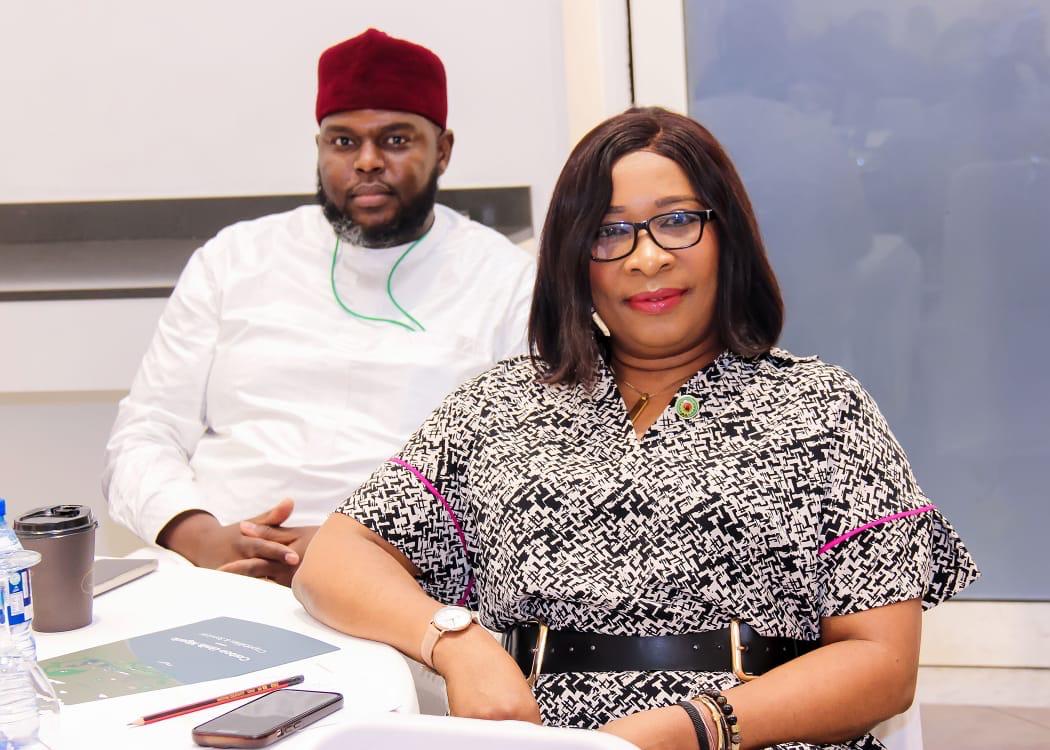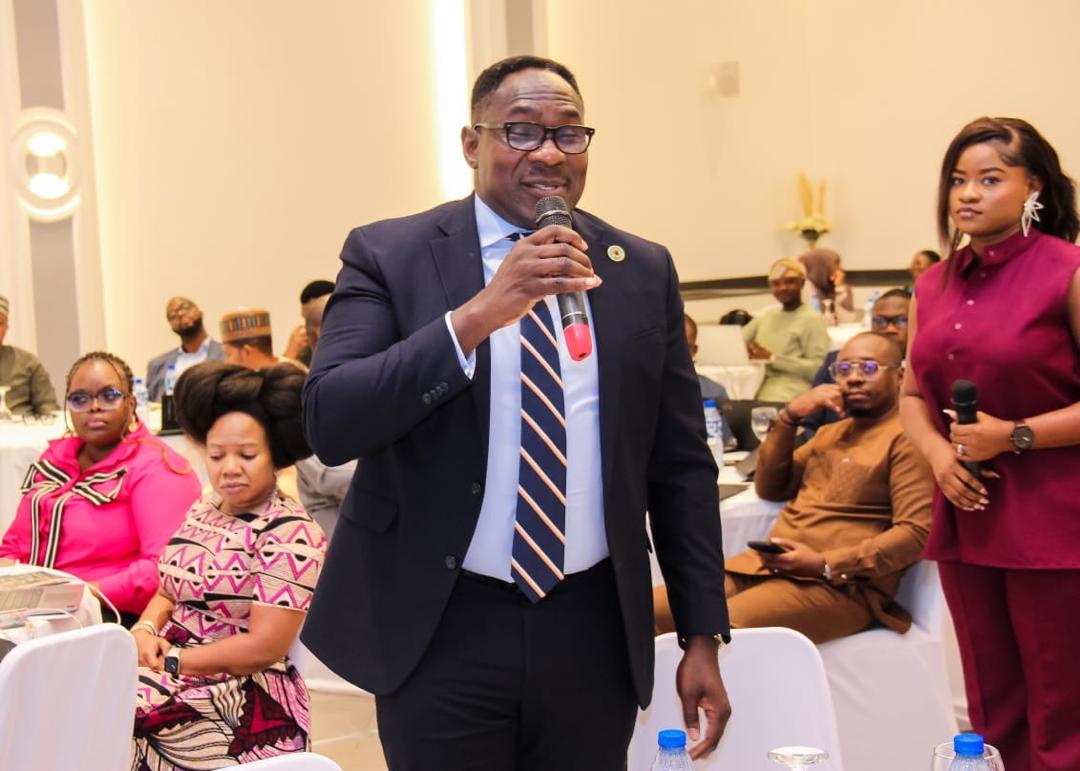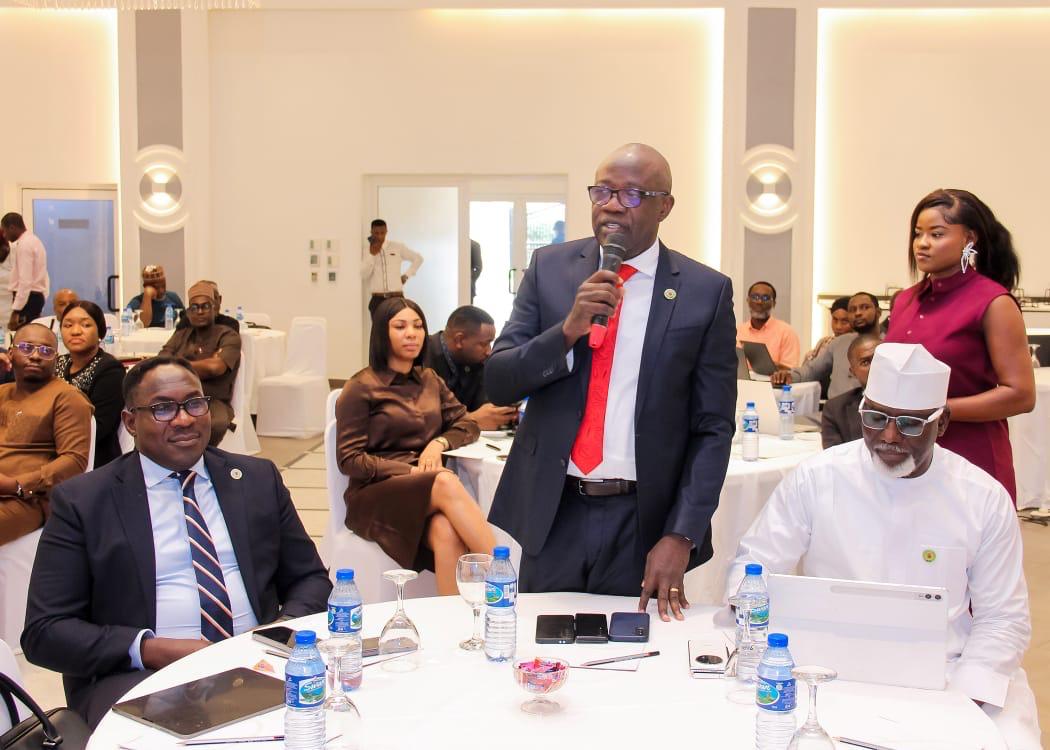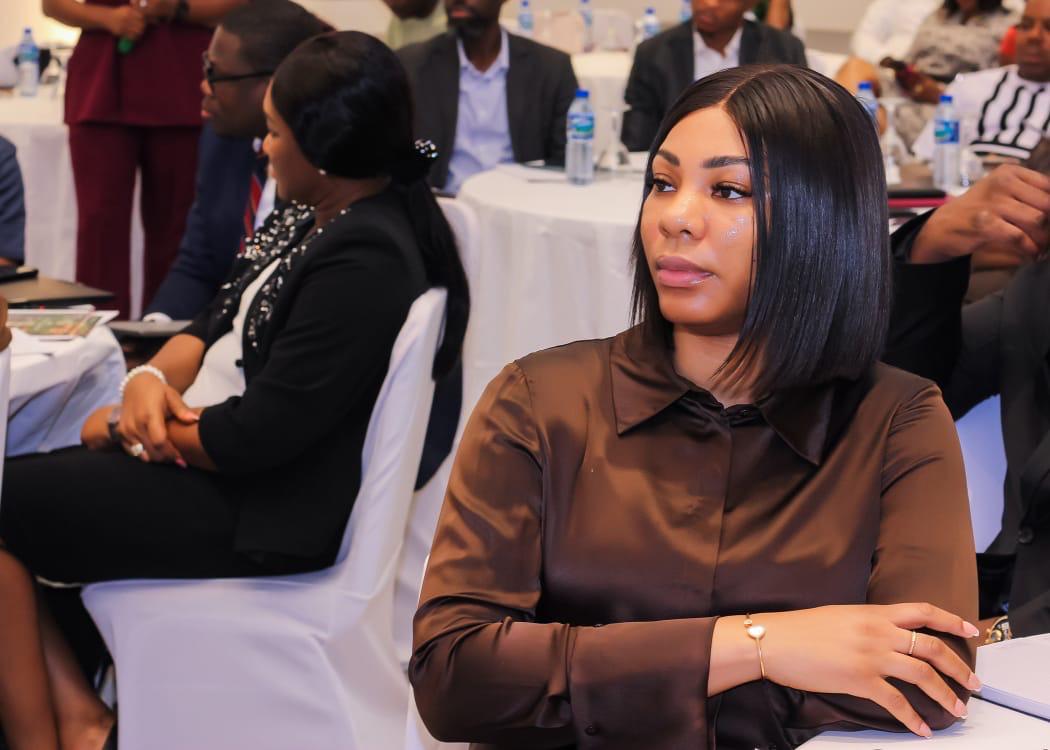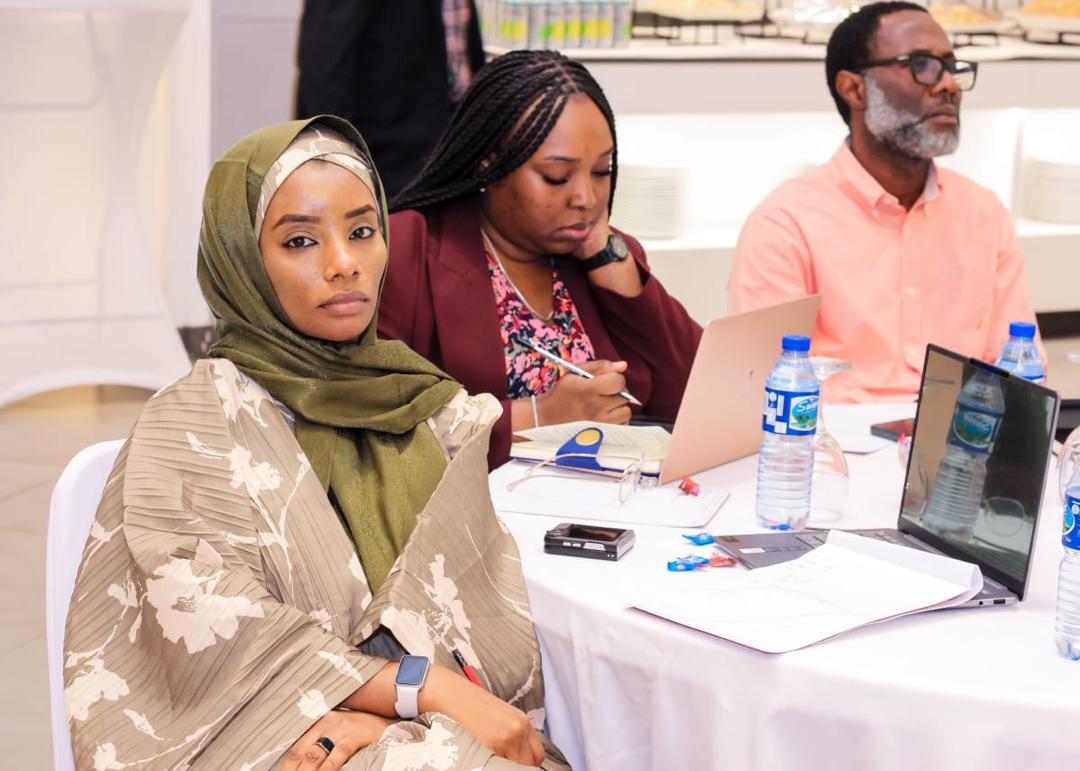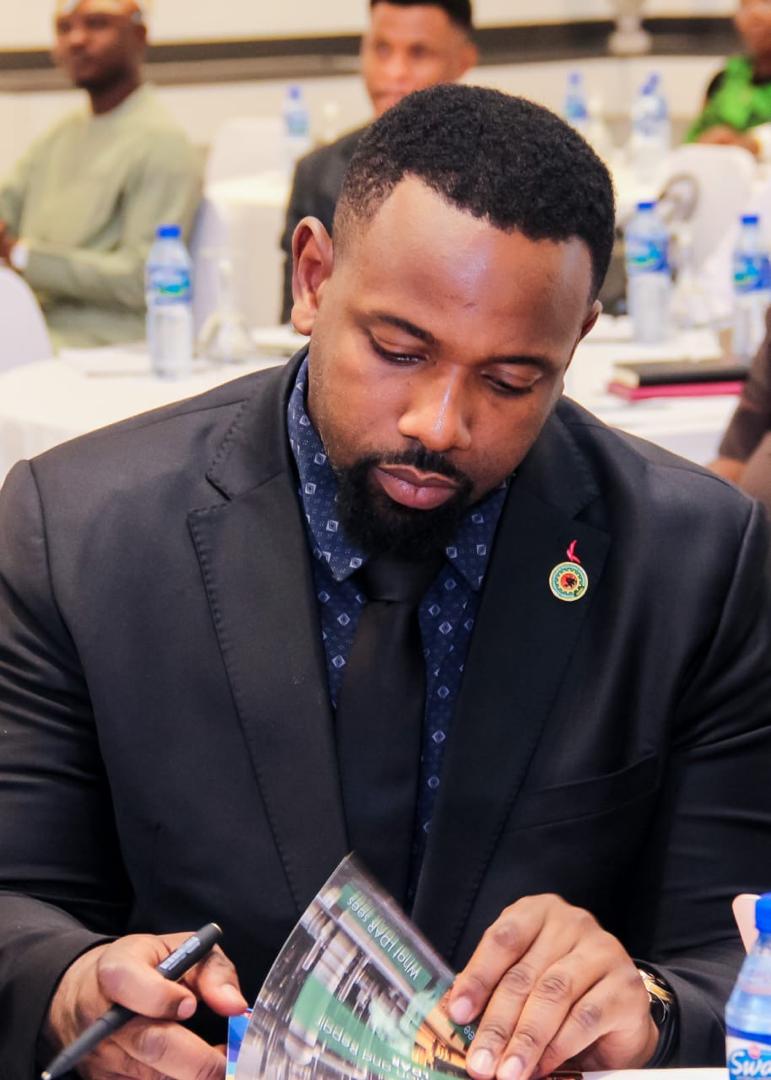Commission recommits to zero routine gas flaring by 2030
The Nigerian Upstream Petroleum Regulatory Commission (NUPRC), in keeping with its mandate to champion the decarbonisation of Nigeria’s upstream oil & gas, is collaborating with the World Bank Group and other multilateral institutions to deepen the capacity of industry operators in methane abatement and emissions management.
This is consistent with the Upstream Oil & Gas Industry Decarbonisation Blueprint issued by the Commission to industry earlier this year.
This comes as the NUPRC and the World Bank have recommitted to boosting Nigeria’s Decarbonisation drive.
The pledge was made at a three-day Measurement, Monitoring, Reporting, and Verification (MMRV) Capacity Building Programme organised by the NUPRC in partnership with the World Bank Group in Abuja recently.
The workshop, which drew over 70 participants, featured a broad cross-section of the upstream petroleum industry, including International Oil Companies, the NNPCL, indigenous operators, and independents.
The programme was designed to strengthen Nigeria’s technical and regulatory capacity for effective emissions monitoring and management within the upstream oil and gas sector.
Speaking on behalf of the Commission Chief Executive, the Executive Commissioner, Development and Production, Engineer Enorense Amadasu, stated that methane emissions account for a significant share of Nigeria’s upstream greenhouse gas footprint, mainly from flaring, venting, and fugitive sources.
Engineer Amadasu said that in line with Nigeria’s Energy Transition Plan and the Updated Nationally Determined Contributions (NDC 3.0), Nigeria has recommitted to achieving zero routine flaring by 2030 and reducing fugitive methane emissions by 60% by 2031.
Achieving these targets requires an accurate, verifiable, and transparent MMRV system. The workshop was therefore convened to address identified technical gaps and build capacity across the full MMRV value chain, from emissions measurement and monitoring to data management, reporting, and verification.
“As the world transitions towards low carbon energy, the value of our petroleum resources will increasingly be judged by its value; not only by the amount we produce but also how responsibly we produce it.” Engr. Amadasu stated.
Delivering his opening remarks, World Bank Global Flaring and Methane Reduction (WB-GFMR) Partnership Lead, Martin Oswald, emphasised the importance of the GFMR partnership, supported by the governments of the United States, Norway, and the United Arab Emirates, alongside major international oil companies such as Shell, ENI, Equinor, TotalEnergies, and Oxy.
He highlighted that accurate emissions baselines are the bedrock of methane abatement projects and critical for unlocking climate finance and carbon market opportunities for Nigeria.
The capacity building sessions, facilitated by Carbon-Limits Nigeria, focused on greenhouse gas measurement techniques, monitoring protocols incorporating advanced detection technologies, and international best practices anchored on the TACCC principles: Transparency, Accuracy, Comparability, Consistency, and Completeness. The workshop featured practical modules on leak detection, greenhouse gas inventory preparation, activity data collection, and the development of monitoring and reporting plans, complemented by demonstrations on flare gas management.
A presentation by Carbon-Limits Norway showcased successful global MRV frameworks, reinforcing the strategic importance of credible data systems in securing climate finance. Both the World Bank and NUPRC reiterated that MRV is not optional but fundamental to regulatory enforcement, carbon finance participation, and Nigeria’s competitiveness in the global energy transition.
The workshop achieved key milestones, including technical training on emissions measurement and monitoring, clarification of future regulatory enforcement mechanisms, and strengthened collaboration between regulators and operators. Participants agreed that methane abatement offers immediate economic and climate benefits, while non-compliance attracts sanctions in line with global standards.
In conclusion, while recapping the three-day session, Engineer Joseph O. Ogunsola, the NUPRC’s Director, Energy Sustainability & Carbon Management, re-emphasized the Commission’s unwavering commitment to aligning Nigeria’s upstream petroleum operations with international best practices in emissions management and carbon monetisation.
In his words: “The Commission Chief Executive (CCE) is proactively positioning the upstream sector for sustained investment and participation by entrenching sustainability and decarbonisation measures in the very fabric of the industry.”
The workshop is one in a series of engagements with value-based international collaborators as the NUPRC strengthens international energy cooperation and advocacy for a just, equitable, and balanced transition.
The outcomes of the MMRV Capacity Building Programme mark a critical step toward establishing an industry framework for transparent, verifiable, and credible emissions data, a prerequisite for carbon finance participation and Nigeria’s journey towards a net-zero future.
Eniola Akinkuotu
Head, Media and Strategic Communications

